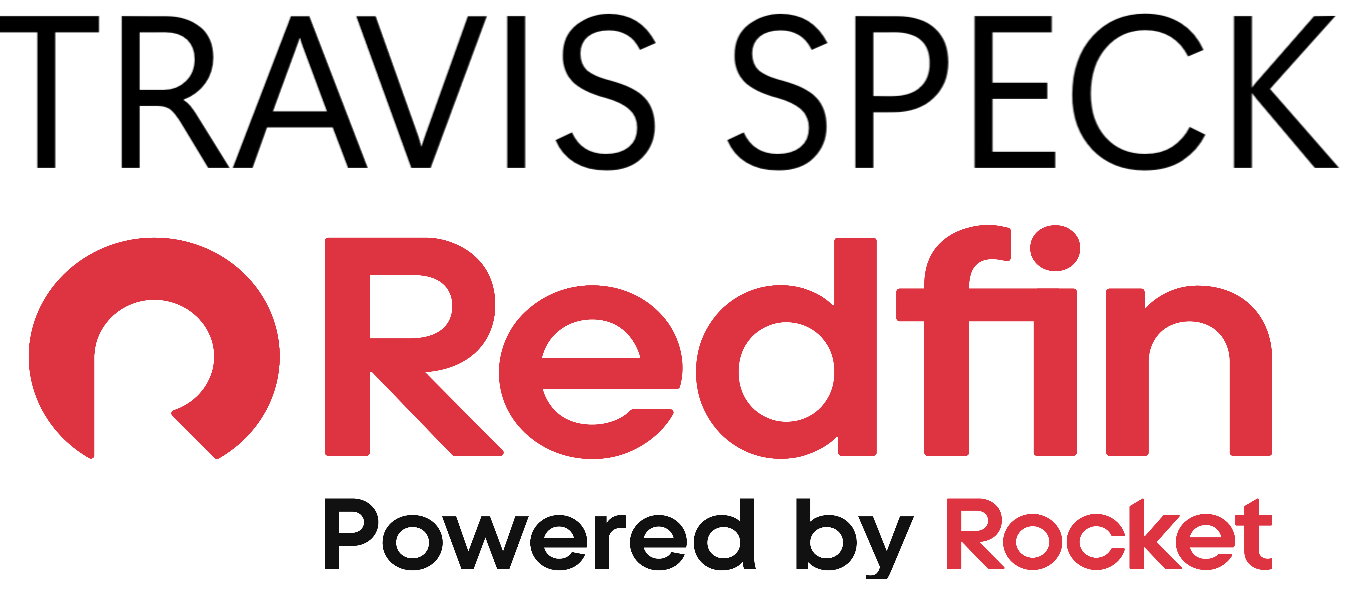Non-conforming property? Buy or Run?
Whether or not you should buy a non-conforming home in Maui County depends on your specific situation, risk tolerance, and long-term goals. While non-conforming properties are relatively common in Maui County due to its unique zoning history and land use regulations, they come with both opportunities and challenges. Here’s a balanced perspective to help you decide:
Non-conforming property? Buy or Run?
Whether or not you should buy a non-conforming home in Maui County depends on your specific situation, risk tolerance, and long-term goals. While non-conforming properties are relatively common in Maui County due to its unique zoning history and land use regulations, they come with both opportunities and challenges. Here’s a balanced perspective to help you decide:
Reasons You Might Consider Buying a Non-Conforming Home
Affordability:
Non-conforming properties are often priced lower than conforming ones, making them more accessible, especially in Maui’s expensive real estate market.
Unique Locations:
Many non-conforming properties are in desirable or unique locations (e.g., near the coast, in rural areas, or with ocean views) that might otherwise be unaffordable.
Grandfathered Use:
If the property’s non-conforming use aligns with your needs (e.g., a vacation rental or agricultural use), it may still be a good fit, as long as you don’t plan major changes.
Investment Potential:
With proper due diligence, non-conforming properties can be a good investment, especially if you’re willing to navigate the risks and restrictions.
Cultural or Historical Value:
Some non-conforming properties have historical or cultural significance, which can add value and appeal.
Reasons to Be Cautious About Buying a Non-Conforming Home
Rebuilding and Renovation Restrictions:
If the property is damaged or destroyed, you may not be able to rebuild it to its original size or use. Maui County may require compliance with current codes, which could limit your options.
Financing and Insurance Challenges:
Some lenders and insurers are hesitant to work with non-conforming properties, which could make it harder to secure a mortgage or adequate insurance coverage.
Future Zoning Changes:
Zoning laws can change, and the property may become even more non-conforming, potentially affecting its value and usability.
Resale Difficulties:
Non-conforming properties may be harder to sell in the future, as some buyers may be wary of the risks and restrictions.
Legal and Regulatory Risks:
You could face fines or legal action if the property violates current codes, even if the violations predate your ownership.
Environmental and Natural Hazard Risks:
Many non-conforming properties in Maui County are in high-risk areas (e.g., flood zones, wildfire-prone areas, or coastal erosion zones), which could increase costs and risks.
Key Questions to Ask Before Buying
What is the Property’s Non-Conforming Status?
Is it a non-conforming use, structure, or lot size? Understanding the specifics will help you assess the risks.
Can I Rebuild or Renovate?
Check with the Maui County Planning Department to understand what changes are allowed and what would trigger compliance with current codes.
What Are the Insurance and Financing Options?
Confirm that you can secure adequate insurance and financing before purchasing.
What Are the Long-Term Plans for the Area?
Research any proposed zoning changes or development plans that could affect the property.
What Are the Environmental Risks?
Assess the property’s vulnerability to natural hazards like flooding, wildfires, or coastal erosion.
What Are the Costs of Bringing the Property into Compliance?
If you plan to make significant changes, get estimates for bringing the property into compliance with current codes.
When a Non-Conforming Home Might Be a Good Choice
You’re comfortable with the risks and restrictions.
The property meets your needs as-is, and you don’t plan major changes or add an ohana.
You’ve done thorough due diligence and consulted with professionals (e.g., a real estate attorney, inspector, and insurance agent).
The property is priced appropriately to account for its non-conforming status.
When to Avoid a Non-Conforming Home
You plan to significantly renovate, expand, or rebuild the property.
You want to apply for a permit to build another structure such as an ohana.
You’re not comfortable with the potential legal, financial, or regulatory risks.
The property is in a high-risk area (e.g., flood zone, wildfire-prone area).
You’re unsure about the long-term implications of owning a non-conforming property.
Final Thoughts
Non-conforming homes are indeed common in Maui County, and they can be a viable option for the right buyer. However, they require careful consideration and due diligence. If you’re unsure, consult with a real estate attorney, a local real estate agent, and the Maui County Planning Department to fully understand the property’s status and the potential risks.
If you’re comfortable with the risks and the property aligns with your goals, a non-conforming home could be a great opportunity. However, if you’re risk-averse or plan to make significant changes, you may want to consider a conforming property instead.


